Blog

Thinking about diving into cryptocurrency? You're not alone. Over 420 million people globally have already invested in digital currencies like Bitcoin and Ethereum. But with countless options and constant market changes, how do you confidently navigate buying and selling cryptocurrency? Don't worry—this detailed guide will break it down clearly, step by step.

Sending and receiving cryptocurrency with Coinbase is simple, fast, and secure. But how exactly does it work? How can you avoid common mistakes, keep your funds safe, and make the most of what Coinbase has to offer? This guide answers all of that — from how to send bitcoins with Coinbase to transferring crypto to an external wallet. Let’s dive in!

Cryptocurrency is no longer a niche idea for tech-savvy developers. It's now a powerful tool for innovation, business models, and digital communities. So, if you’ve ever wondered how to create a cryptocurrency — you’re not alone.
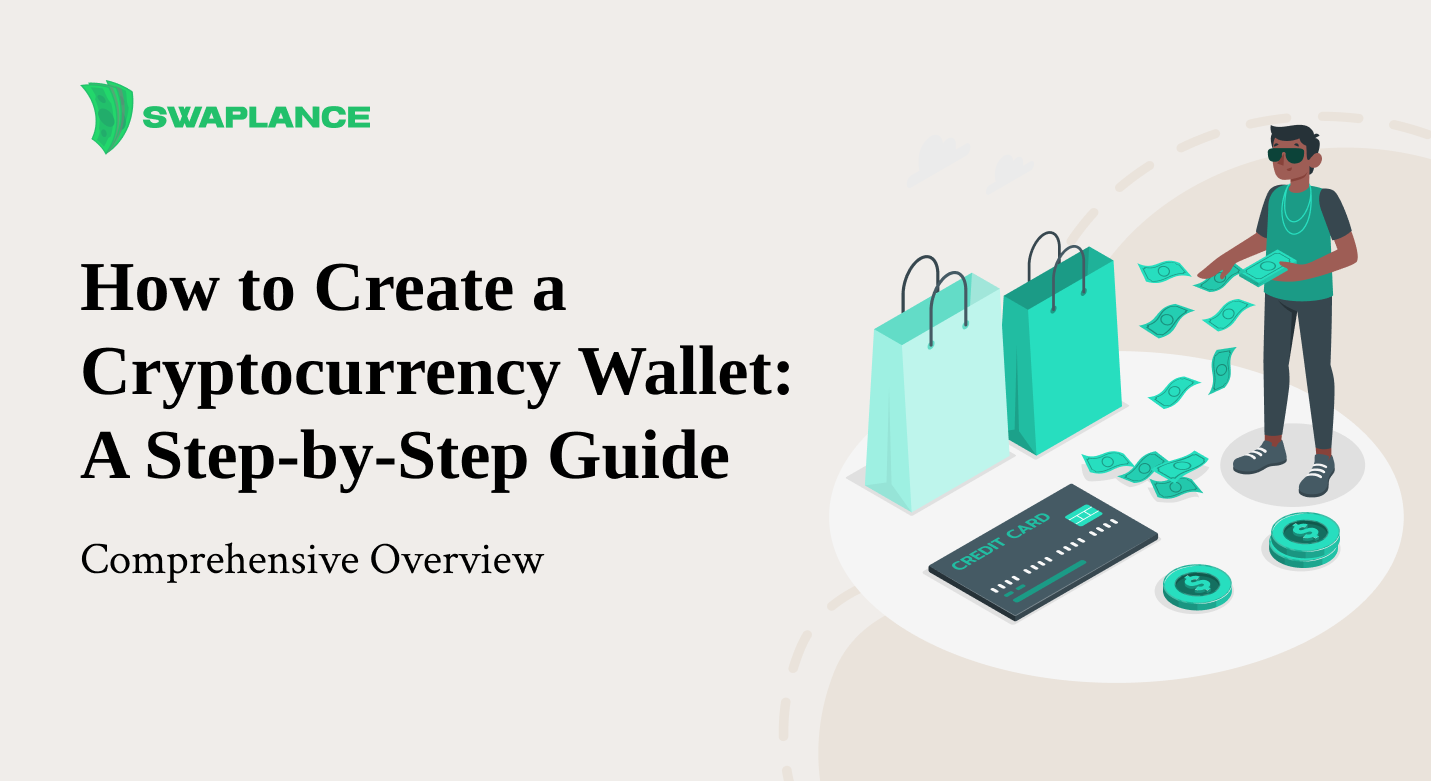
Creating a cryptocurrency wallet is the first essential step to securely managing your digital assets. Whether you're diving into crypto for investment or day-to-day transactions, a reliable wallet ensures your assets remain safe and accessible. In this guide, we'll walk you through how to create a cryptocurrency wallet, set it up, and choose the best option for your needs.

Blockchain smart contracts are self-executing contracts in which the terms of the agreement are written directly into code. These contracts automatically enforce and execute the agreed-upon terms when predefined conditions are met. Smart contracts eliminate the need for intermediaries, such as banks or legal institutions, ensuring that transactions occur in a decentralized and trustless manner.
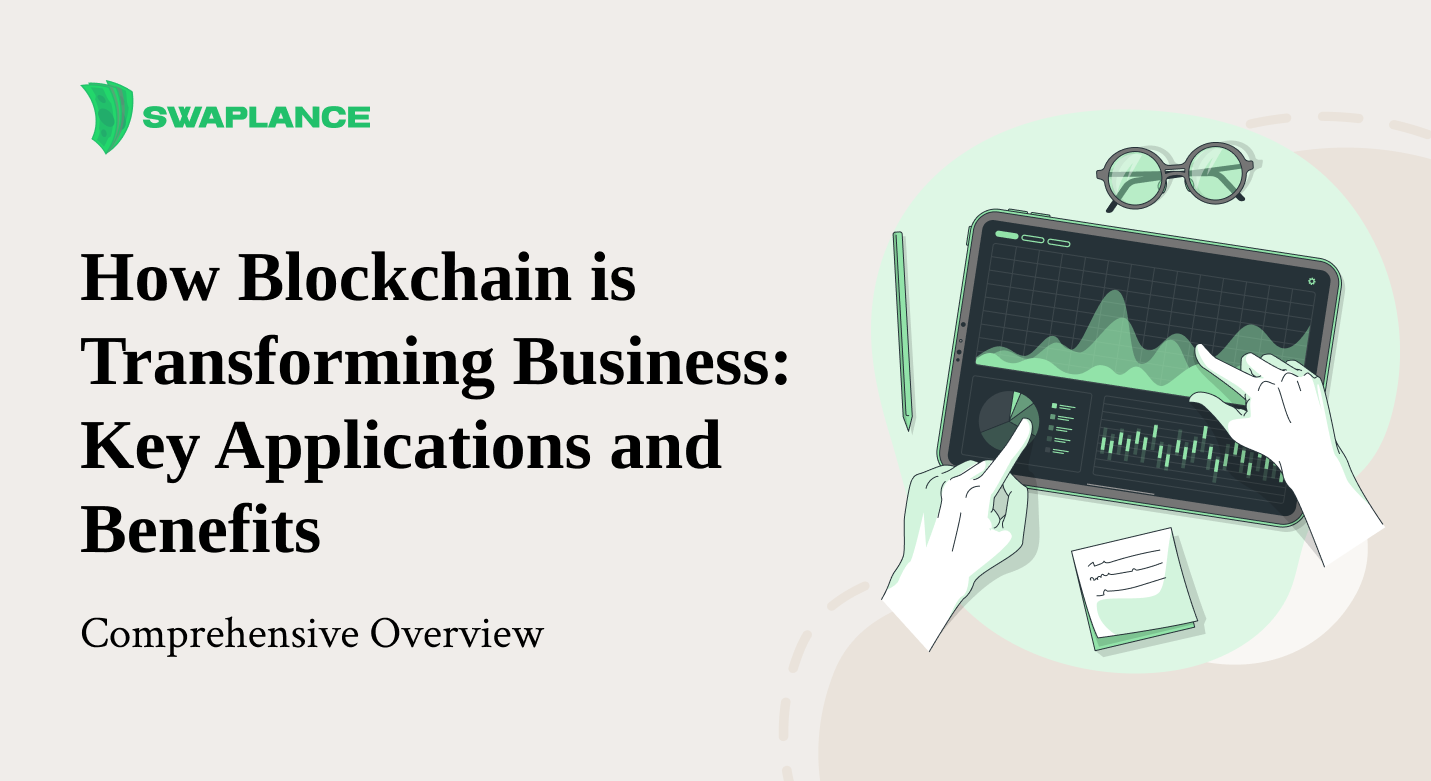
Blockchain technology has emerged as a revolutionary force in various industries, enhancing transparency, security, and efficiency. But what is blockchain in business, and why are companies increasingly adopting it?
At its core, blockchain is a decentralized digital ledger that records transactions in an immutable and transparent way. This means businesses can verify transactions without the need for intermediaries, reducing costs and enhancing security. The business of blockchain goes beyond cryptocurrencies, with applications in finance, supply chain management, healthcare, and many other industries.
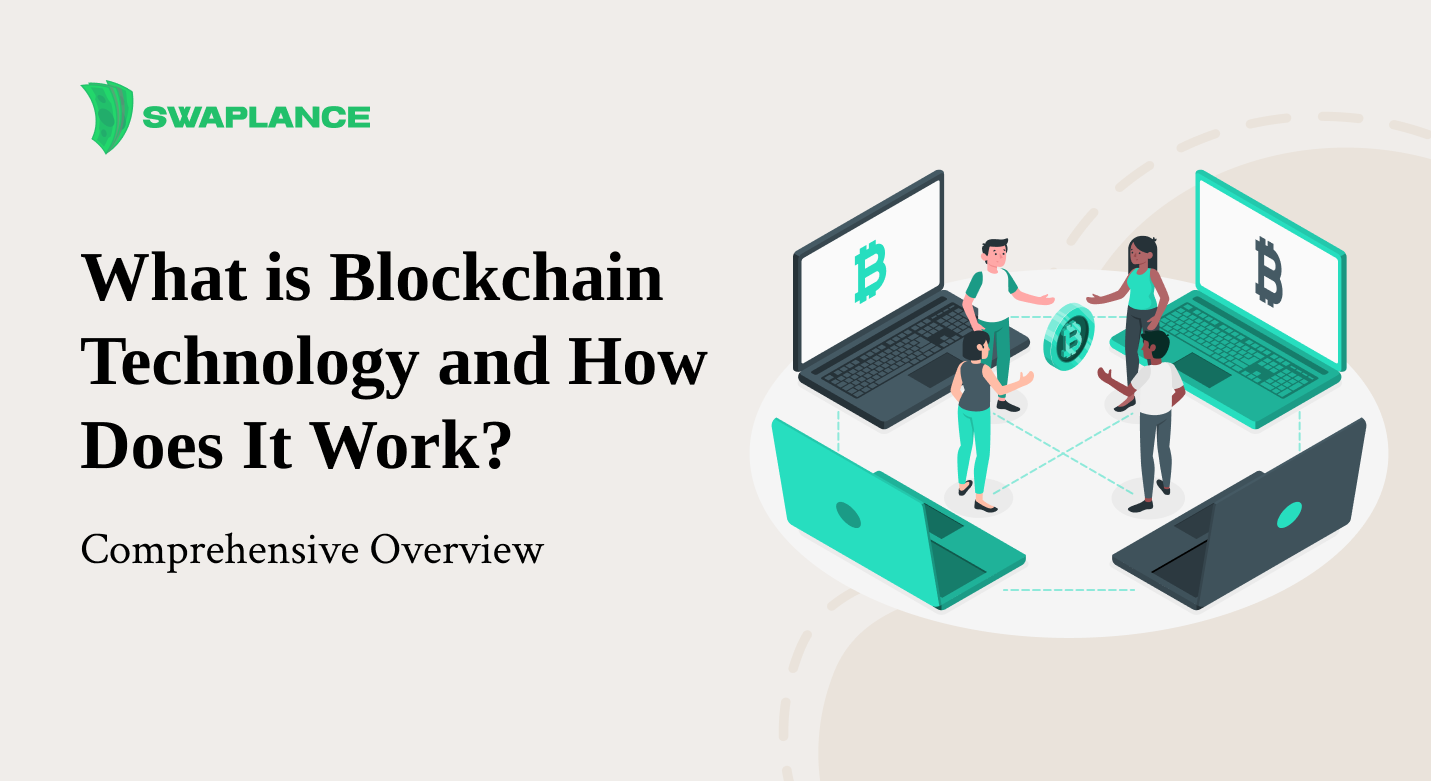
Blockchain technology is a revolutionary digital ledger system of recording information in a way that makes it difficult or impossible to change, hack, or cheat the system. In simple words, blockchain is a decentralized and distributed ledger that records transactions across multiple computers. This ensures that data remains secure and transparent without the need for intermediaries.
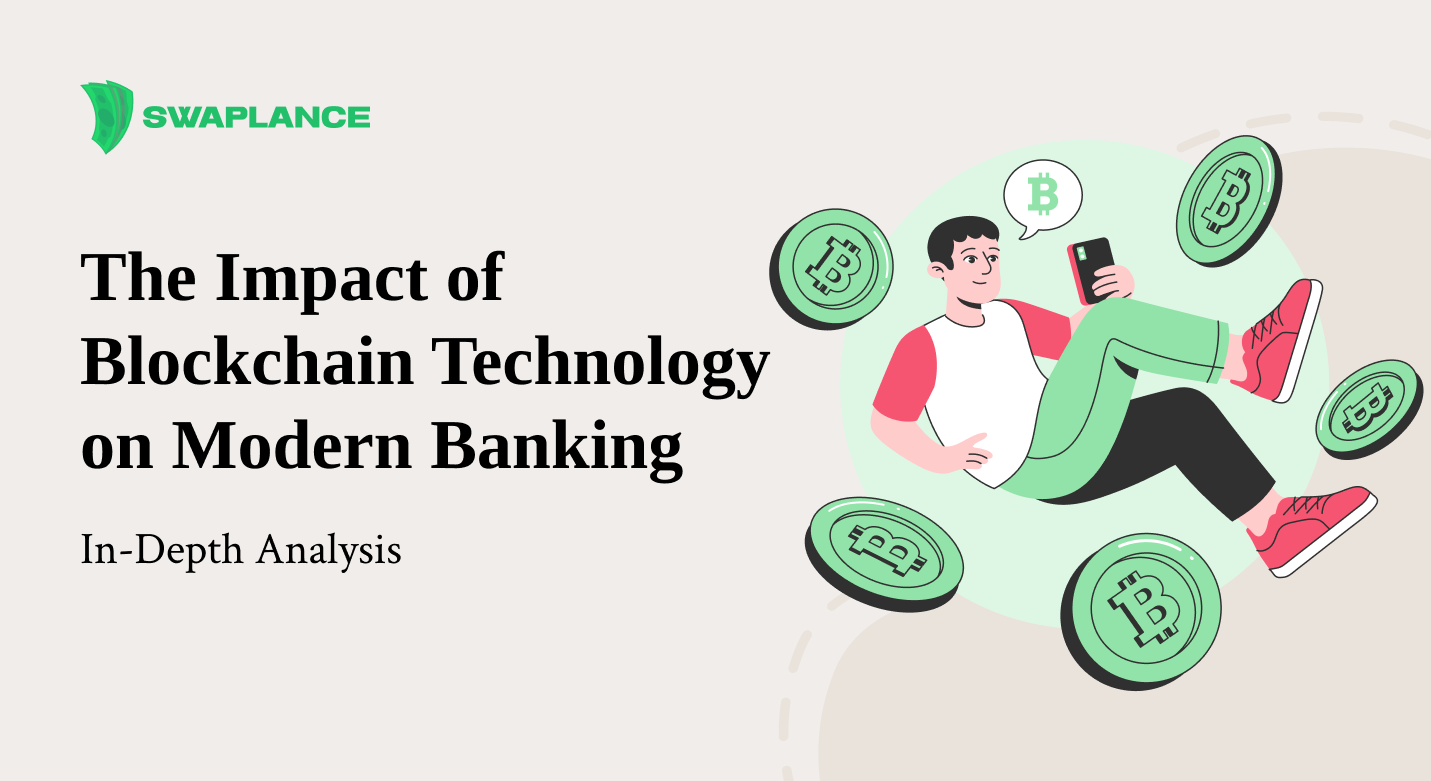
Blockchain technology has been a transformative force in numerous industries, and banking is no exception. By offering unparalleled transparency, security, and efficiency, blockchain has revolutionized how financial institutions operate and interact with customers. This article explores the profound impact of blockchain technology on modern banking, shedding light on its adoption, benefits, and challenges.
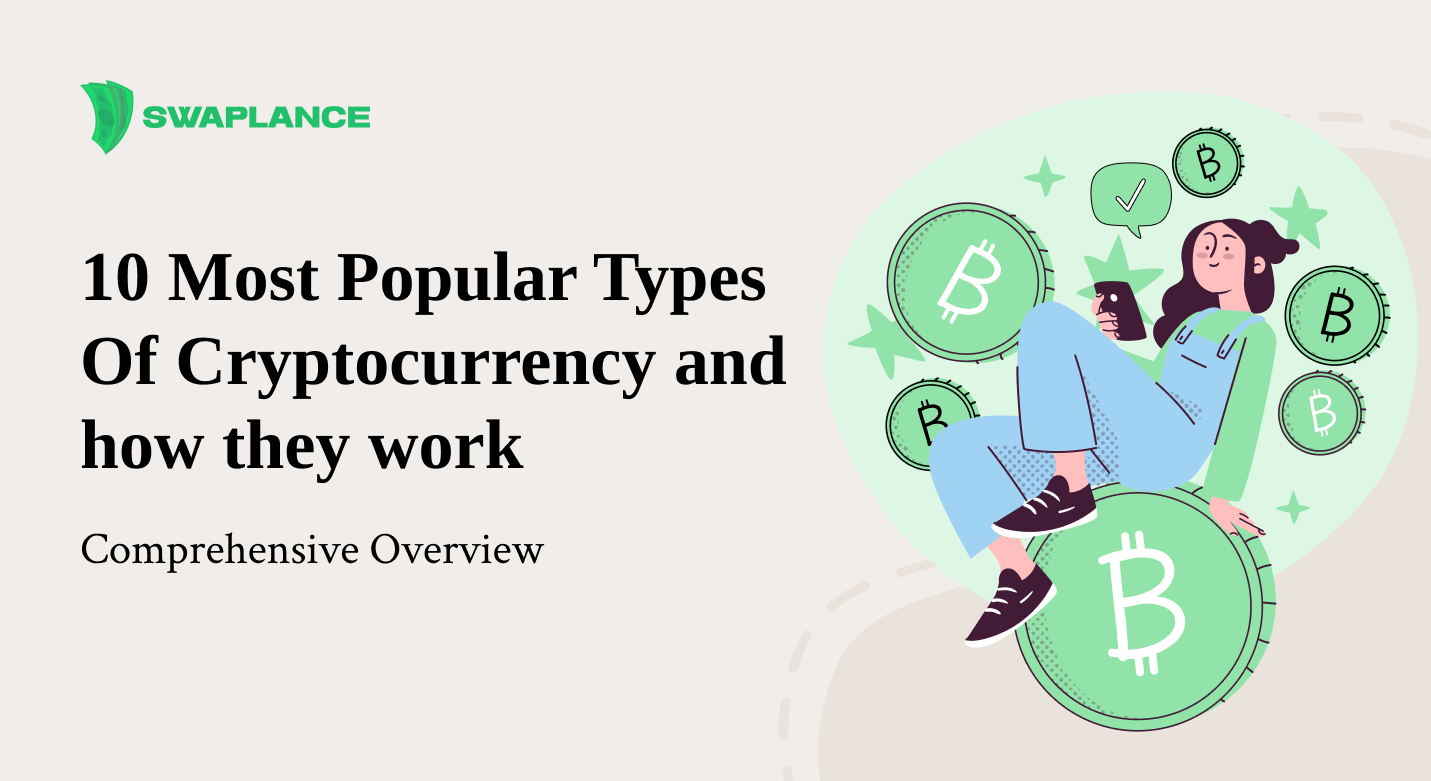
Cryptocurrencies are decentralized digital or virtual currencies that use cryptography for security, making them resistant to counterfeiting and double-spending. Unlike traditional currencies, cryptocurrencies operate on blockchain technology, a distributed ledger maintained by a network of computers (or nodes). The most popular cryptocurrency, Bitcoin, was introduced in 2009, and since then, thousands of different cryptocurrencies with various features and uses have emerged.